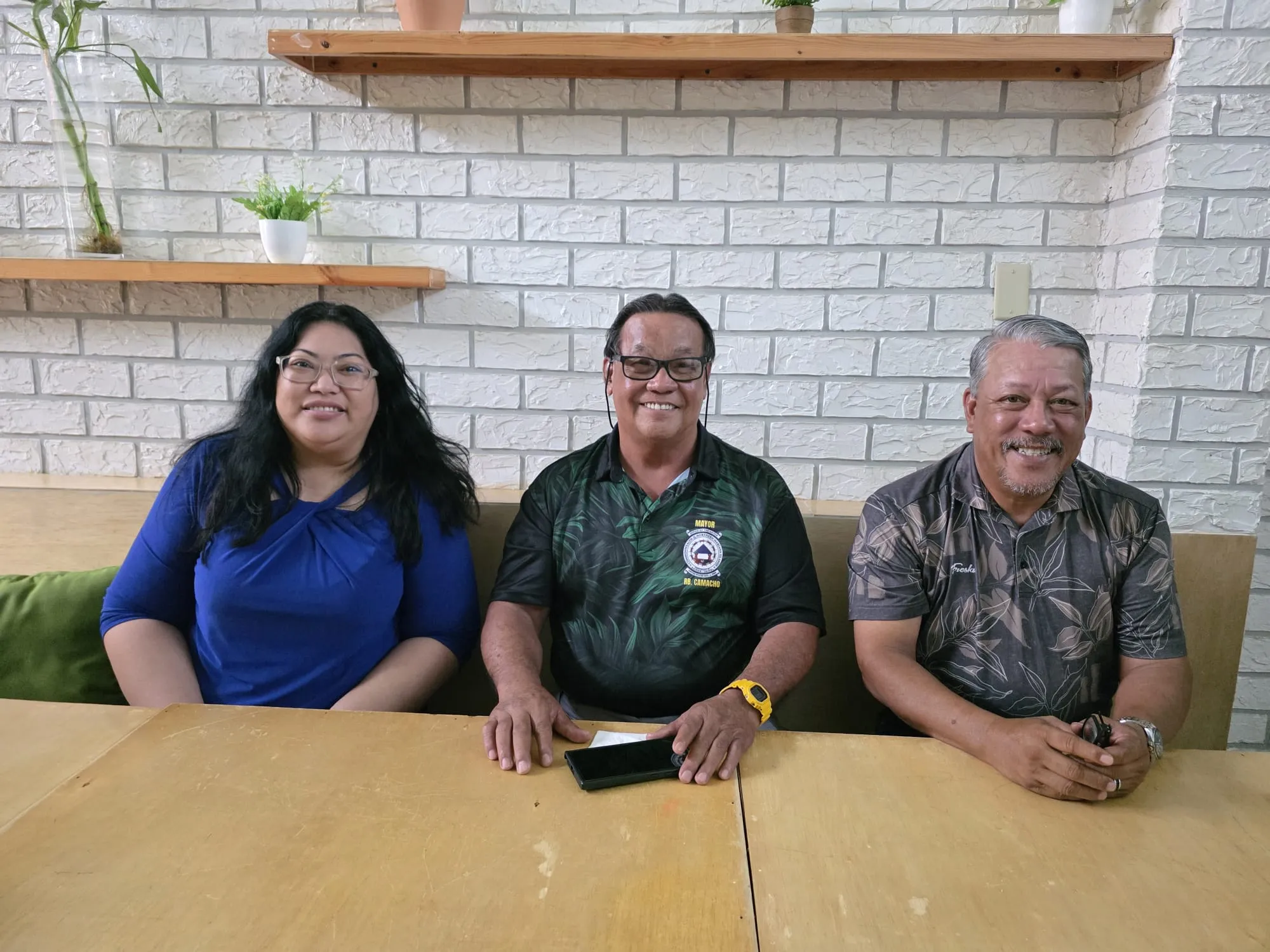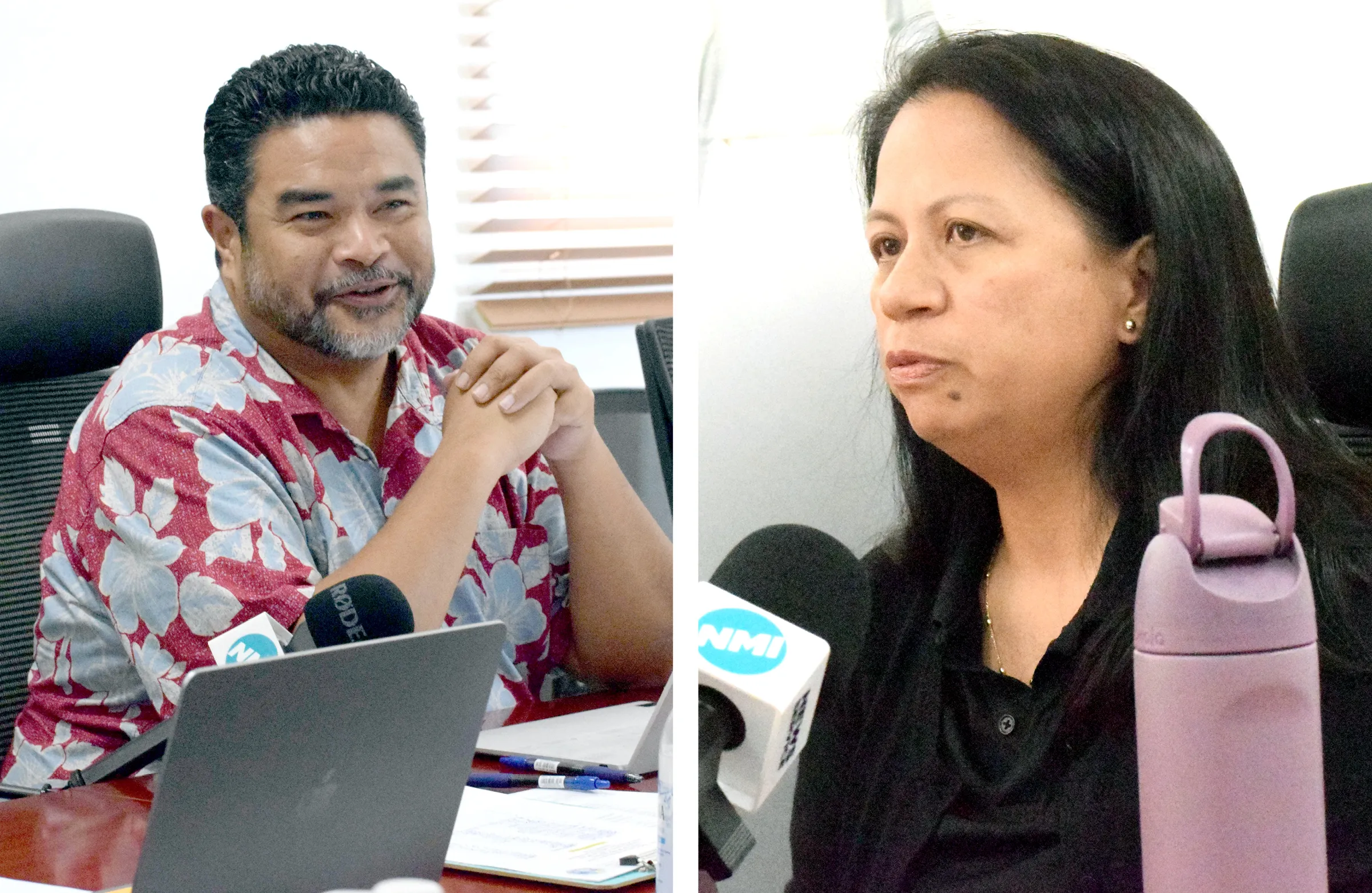Effective leaders don’t pass blame; they take responsibility
REGARDING the master concession operator agreement between DPL and Marianas Global Inc., the governor said “no company in its right mind” would have signed it. Setting aside the fact that it is impolitic on the part of the CNMI’s highest official to call investors crazy for doing business here, the governor may be right. What was MGI thinking when it agreed to pay an exorbitant amount of rent plus 9% of their gross? Aren’t its executives aware that the CNMI tourism industry is still struggling to recover?
In the same token, what was DPL thinking when it approved the agreement with MGI?
The governor claimed that the contract “predated” his administration. When reminded that it was signed by DPL three months after he was sworn in as governor, he said he meant the “negotiations” prior to the signing of the agreement.
This reminds us of the Bart Simpson Defense: “I didn’t do it, nobody saw me do it, you can’t prove anything.”
The governor, as usual, can’t resist pinning the blame on the previous administration even for a fiasco that happened under his own watch.
In any case, he could have simply admitted that he had dropped the ball, as he also had to deal with many other pressing issues. However, now he expects DPL to learn its lessons and do better next time, and this time he’ll make sure it does.
Regarding the delegate election
THE last thing the CNMI needs is a delegate who’ll put ideology first. The main task of a nonvoting delegate from the territories is to bring home the proverbial bacon. This presupposes an ability to steer clear, as much as possible, of the hot button issues on Capitol Hill, and to work with both national parties to keep CNMI issues as nonpartisan as possible.
The delegate, no matter his or her political affiliation, must rise above national partisan bickering to prevent the CNMI from getting caught in partisan crossfire in the halls of Congress. The delegate, above all, represents the interest of the CNMI and must consistently make the case that those interests align with the nation’s.
Happily, for this year’s delegate candidates, the groundwork has already been laid by Congressman Kilili. He caucuses with the Democrats while maintaining close or at least cordial ties with key Republicans. This has allowed him to successfully push otherwise controversial legislation that the CNMI needed to be enacted under a Republican administration.
Congressman Kilili knows that he has to navigate a complex political landscape where cooperation with both Democratic and Republican members is essential for securing resources and support for the CNMI. Territorial delegates can vote in committee sessions and are involved in discussions that shape legislation. Hence, their ability to influence policy outcomes relies on building relationships across party lines. As Congressman Kilili and other productive territorial delegates have shown, effective representation for territories often hinges on the ability of their delegates to engage constructively with both parties in Congress.
If you’re voting for a delegate, vote for the CNMI, not for any political party, and certainly not for any ideology.









